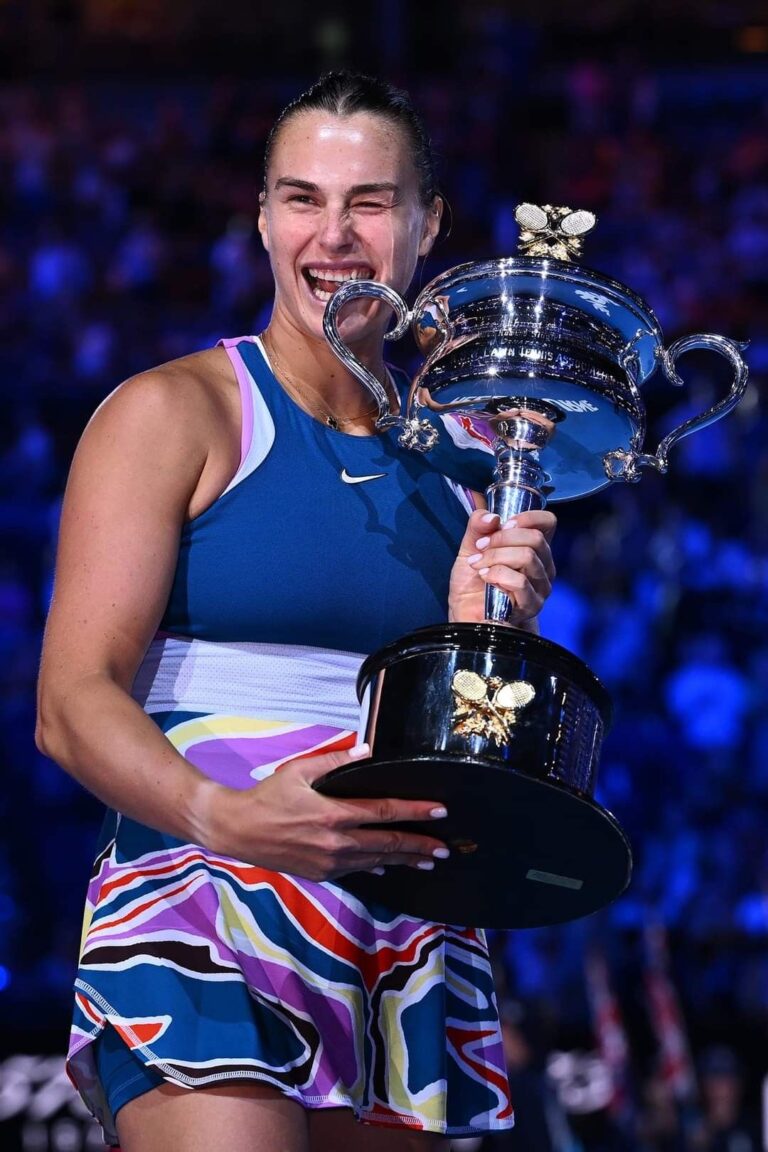Why Psychologists Don’t Always Help Athletes: Between Mental Toughness and Modern RealityArticles
Coming Out of the Shadows: A New Honesty or a Sign of Weakness?
In recent years, more and more athletes have been speaking openly about their mental struggles. The pressure of fame, high expectations, and relentless training often push even the most successful athletes to the brink of emotional burnout. But should public admissions of weakness be seen as a sign of impending failure?
Modern sports are not just about physical preparation but also about psychological resilience. Just like in poker, victory often belongs to those who don’t reveal their emotions. However, more and more elite athletes are opening up about their internal battles. Tennis players Andrey Rublev and Aryna Sabalenka have repeatedly admitted to struggling with mental pressure.
When Sabalenka went through a personal tragedy (her ex boyfriend, Konstantin Koltsov a hockey player, died by suicide), she stated in a press conference: “A psychologist won’t help me because there are problems I must handle on my own instead of running to a therapist for help.”
Her words sparked a debate: does sports demand complete self-sufficiency, or is acknowledging a problem the first step toward solving it?
The Role of Psychology in Sports: A Myth or a Necessity?
Statistics show that 35% of professional athletes experience anxiety and depression, and around 15% seek psychological help at some point in their careers. But the question remains: how effective is this support?
Many athletes lose the game long before they step onto the field. As Alexander Zverev admitted after his Australian Open loss to Jannik Sinner, “I’m just not good enough.” His eyes were filled with tears, and, for a moment, he even resembled the pleading cat from Shrek. While the public expected him to win, he had already lost mentally, and the phrase he spoke seemed like an affirmation he had been repeating in his mind—perhaps that’s exactly why he lost.
Sports psychologist David Fletcher, who has studied the factors behind champion-level success, argues: “True winners have an incredible resistance to stress. But this resilience is not an innate trait—it is the result of constant training, often pushing beyond the limits of comfort.”
At the same time, psychotherapists note that addressing emotions helps athletes extend their careers and avoid burnout. The real issue is whether an athlete is willing to accept this help.
The Soviet Approach: Discipline Without Compromise
When discussing psychological preparation, it is impossible to ignore the Soviet system of training champions. In the USSR, athletes were trained under strict discipline that left no room for weakness. An athlete was not seen as an individual but as a cog in a larger system where results were the only thing that mattered.
This approach can be compared to the concept of resilience, which has only recently become mainstream in Western culture. In the Soviet system, the term itself was unknown, but the practice of building an “unbreakable spirit” existed long before modern psychological methodologies.
Weakness or Strength: What Leads to Victory?
The question remains: does talking about one’s struggles actually help? Modern athletes like Simone Biles and Naomi Osaka have openly discussed their mental health challenges, and society has largely responded with support. At the same time, athletes from past generations, raised in a system of strict discipline, achieved incredible results without ever being allowed to complain. The question remains: are we becoming weaker as society normalises therapy and evolves?
Svetlana Alter 03.03.25




